PsychedelicMentalHealth
- 66 Posts
- 2 Comments
 1·4 months ago
1·4 months agoFebruary 2024: **Ketamine-Assisted Psychotherapy & Support Practicum **
Organizing our next round of ketamine therapy training for clinicians and non-clinician guides / trip sitters. Meeting 8 hours per week, this practicum includes 12 experiences with racemic ketamine in various routes of administration, 12 sessions of sitting with someone else under the medicine, 12 hours of didactic training, 12 hours of integration, 12 hours of individual clinical supervision totaling 96 hours of practical experience upon completion of all 12 modules.
Medical clearance by a prescribing clinician licensed in your home state or locality required.
The Psychedelic Institute of Mental Health & Family Therapy is located in Palm Springs, California. Practicum is held online 2 evenings per week, 3.5 hours each evening from 6-9:30pm PST, with an optional in-person retreat weekend.
Practicum Fee: $600 per person per 8 hour weekly module

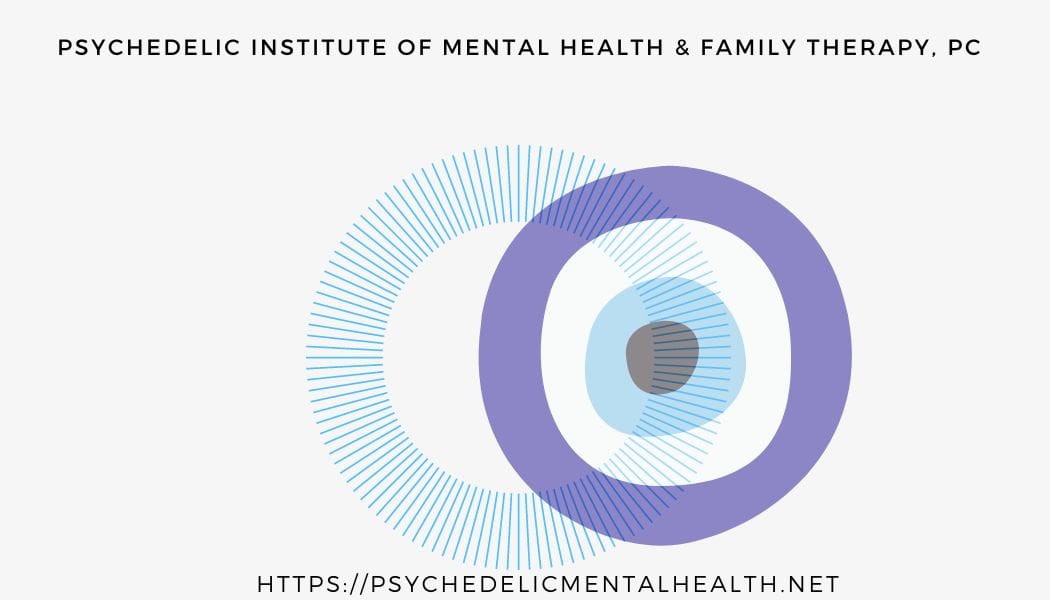
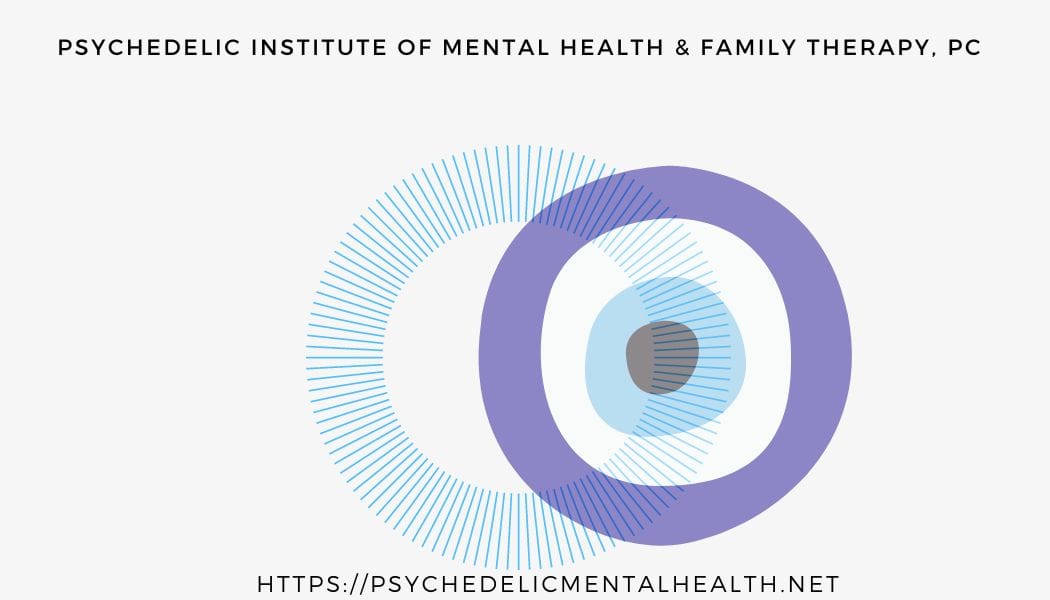
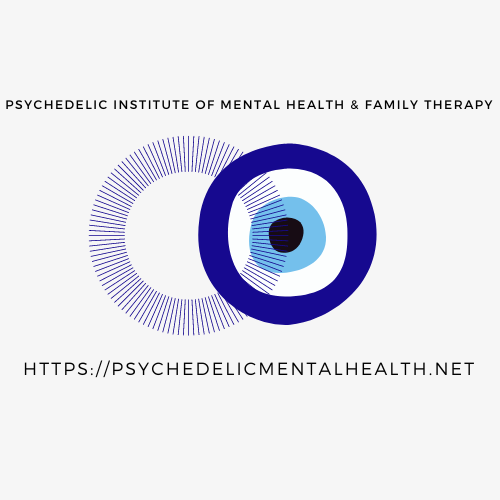

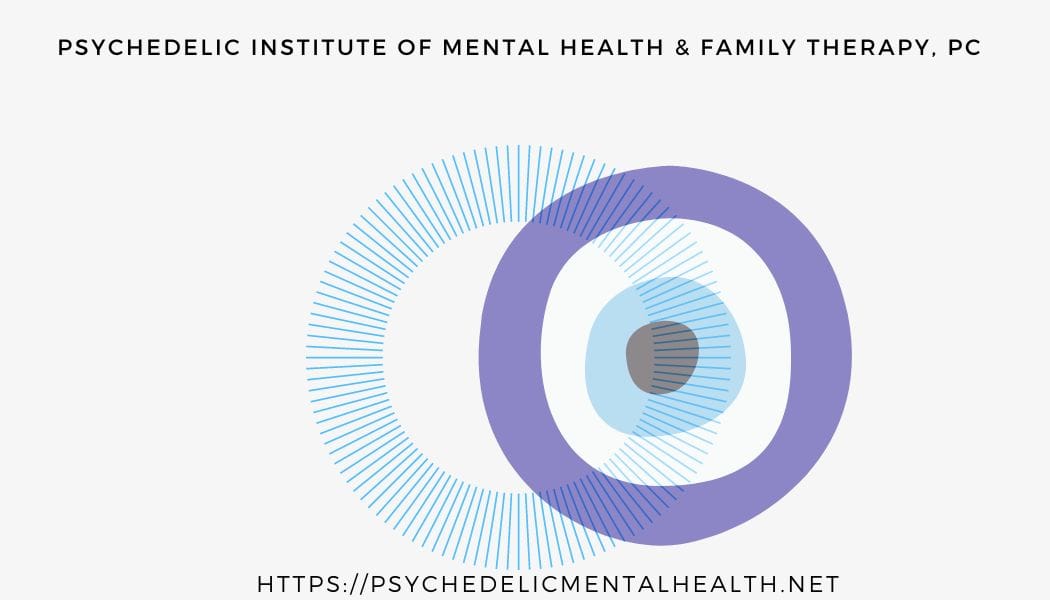
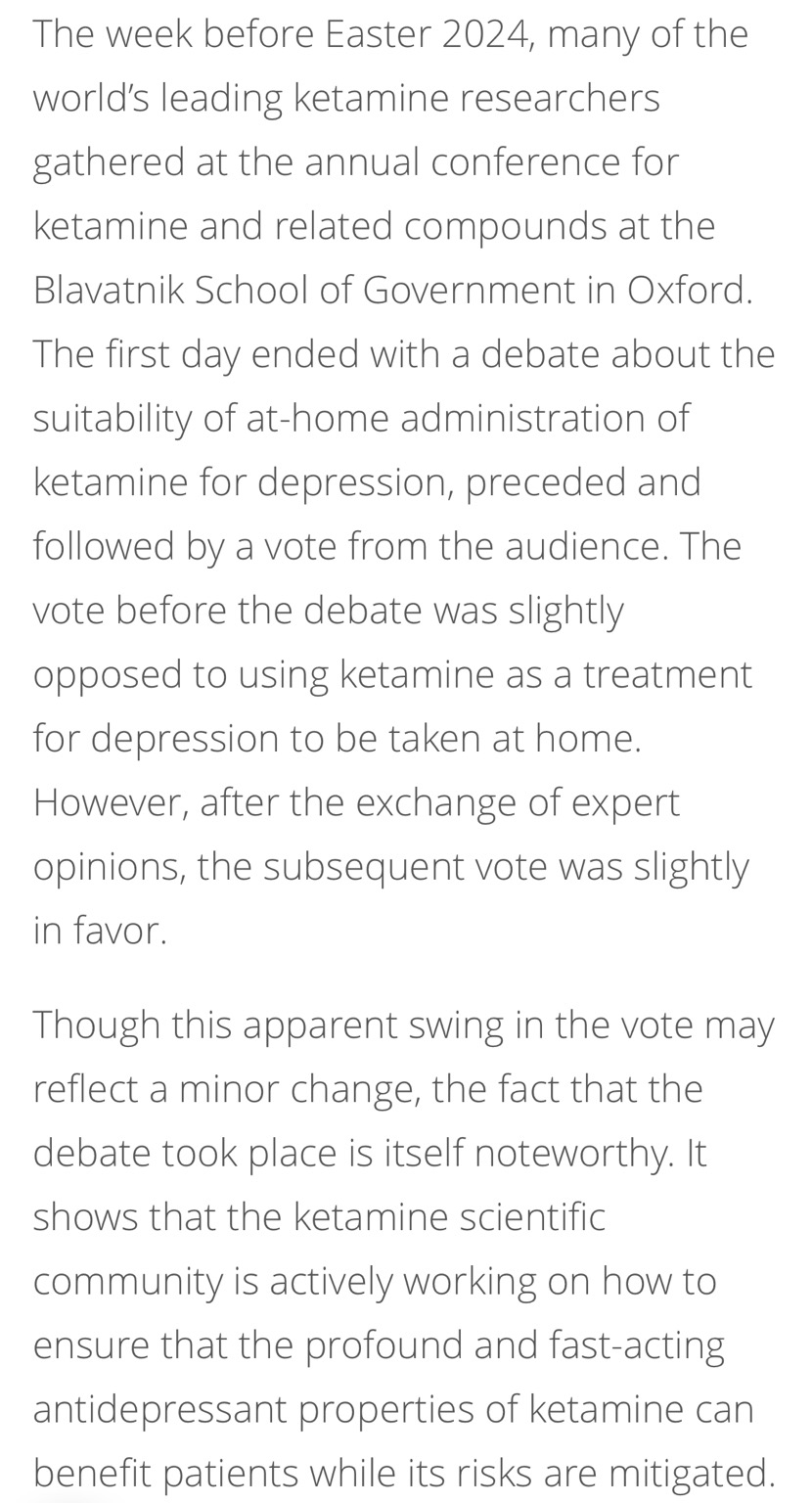
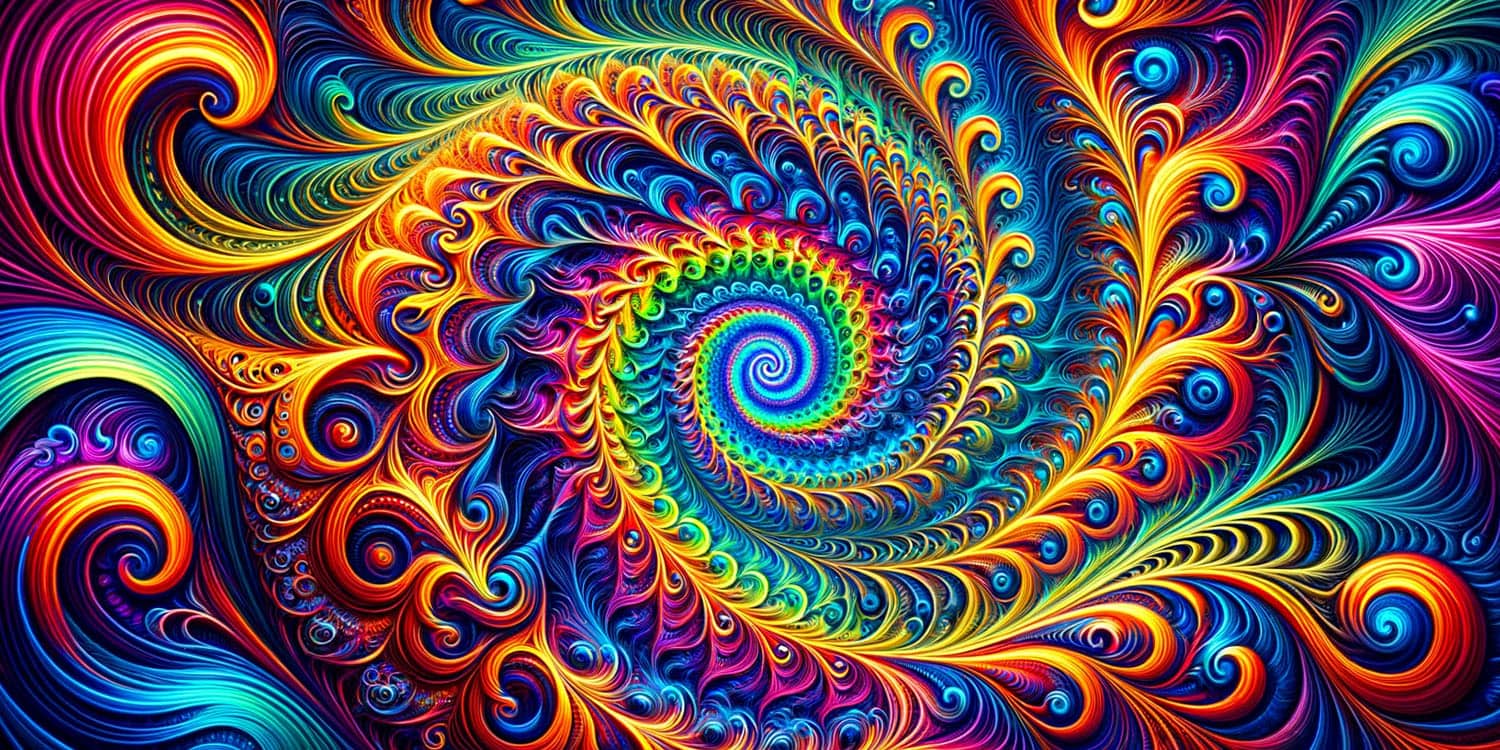

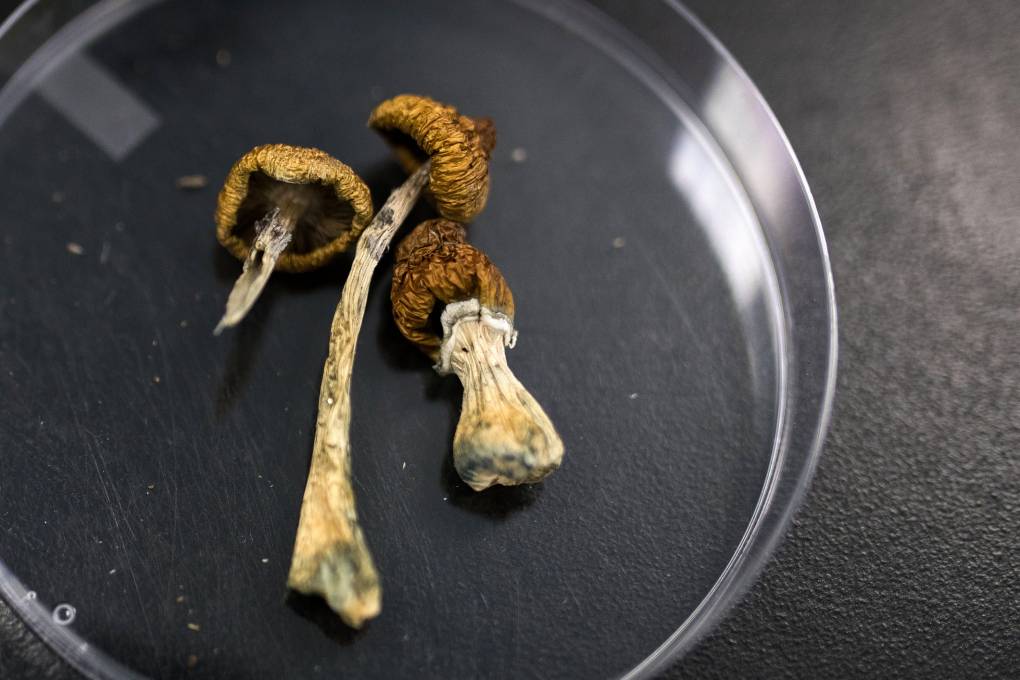
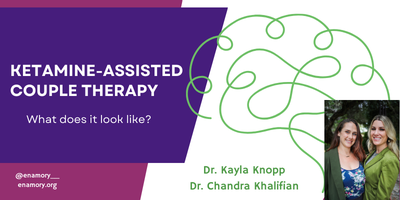


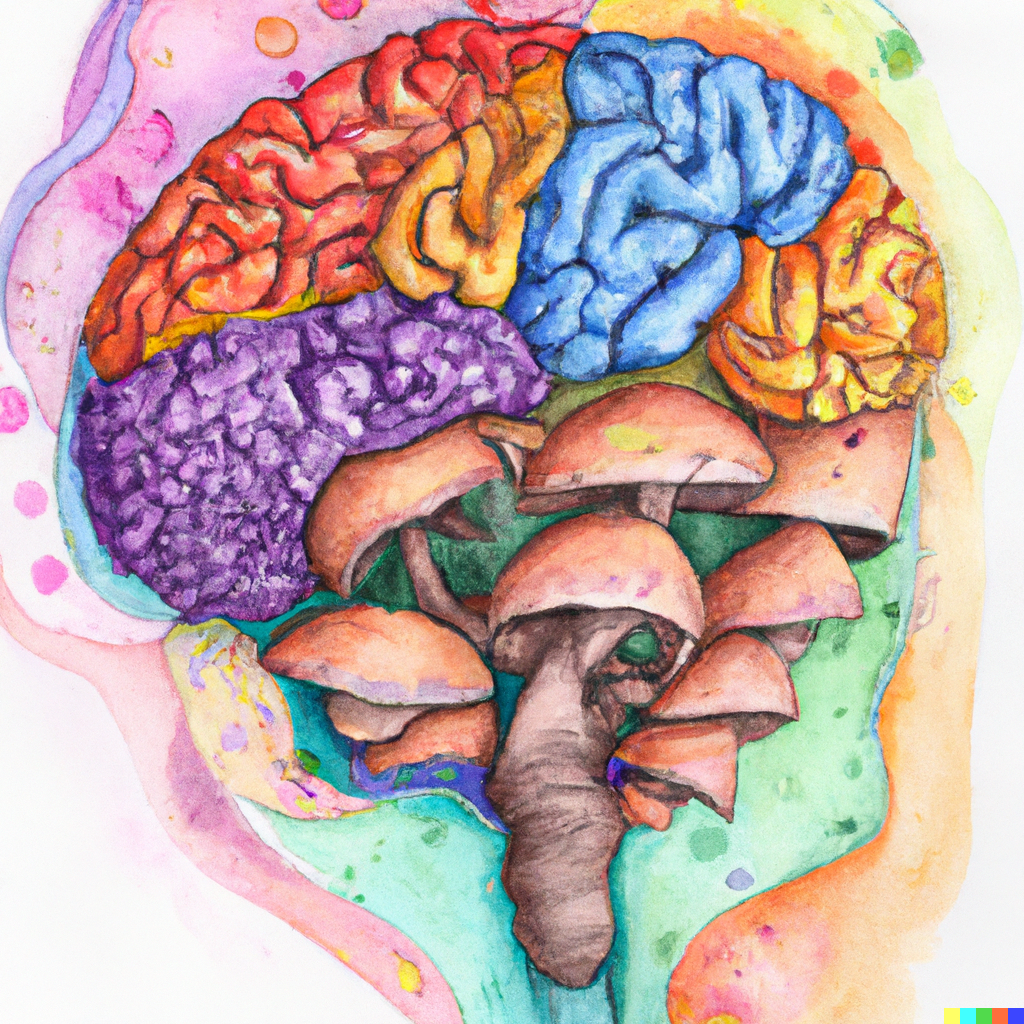
“After assessing the semantic similarity between 15,000 reports linked to the use of 165 psychoactive substances with 625 NDE {Near Death Experience} narratives, we determined that the N-methyl-D-aspartate (NMDA) receptor antagonist ketamine consistently resulted in reports most similar to those associated with NDEs. Ketamine was followed by Salvia divinorum and a series of serotonergic psychedelics, including the endogenous serotonin 2A receptor agonist N,N-Dimethyltryptamine (DMT). This similarity was driven by semantic concepts related to consciousness of the self and the environment, but also by those associated with the therapeutic, ceremonial and religious aspects of drug use. Our analysis sheds light on the long-standing link between certain drugs and the experience of “dying“, suggests that ketamine could be used as a safe and reversible experimental model for NDE phenomenology, and supports the speculation that endogenous NMDA antagonists with neuroprotective properties may be released in the proximity of death.” (Neurochemical models of near-death experiences: A large-scale study based on the semantic similarity of written reports, Martial, et al, 2019).
Here ketamine, like DMT, is hypothesized to act on similar receptors to form similar brainwaves, with similar subjective experiences related to proximity to death.
More here— https://psychedelic-institute-of-mental-health.ghost.io/does-the-psychedelic-experience-matter/